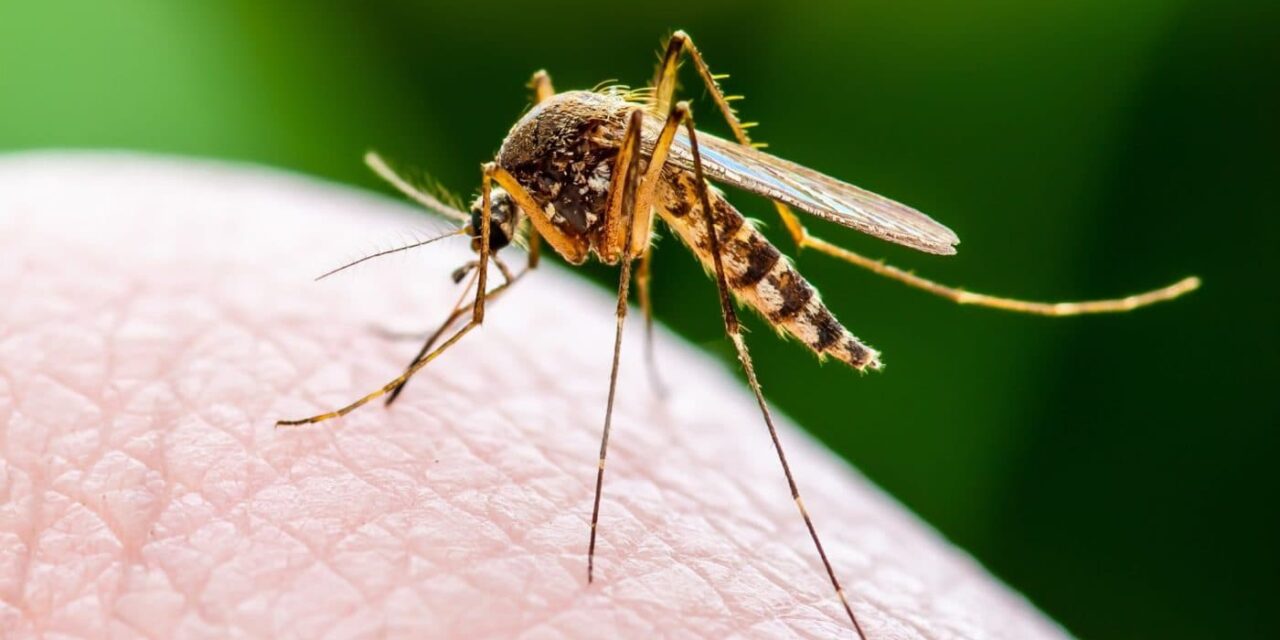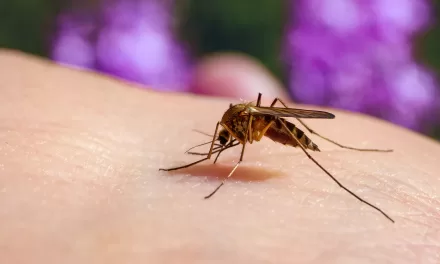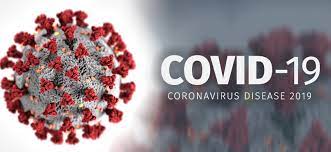Delhi is grappling with a significant surge in mosquito-borne diseases, including a rise in cases of dengue, malaria, and chikungunya, as the city faces one of its most challenging years in recent memory. According to the latest data from the Municipal Corporation of Delhi (MCD), over 5,700 dengue cases have been reported, alongside a concerning increase in malaria and chikungunya cases, which have reached their highest levels in years.
By November 30, Delhi had recorded 5,708 dengue cases and three fatalities. While the number of dengue cases is lower than the 9,266 reported in 2023, the incidence of malaria and chikungunya has seen alarming increases. Malaria cases have nearly doubled, with 766 reported so far in 2024, a 99% rise from 384 cases last year. This marks the highest number of malaria cases in four years. Chikungunya has also seen a dramatic spike, with 266 cases reported, compared to just 44 last year, making it the highest incidence of chikungunya in five years.
Experts attribute the surge in these diseases to a combination of factors, most notably the delayed monsoon season. The prolonged rains have created ideal breeding conditions for mosquitoes, with stagnant water pools offering a fertile environment for mosquito larvae. While an early winter has begun to decrease mosquito activity, health officials remain on alert as the city heads into the peak season for these diseases.
In addition to dengue, Delhi has also reported a case of Japanese encephalitis in December, further raising concerns among health authorities. In response, the MCD has ramped up anti-mosquito efforts, including fogging and increased surveillance, to curb the spread of these diseases.
Health officials are urging residents to remain vigilant, emphasizing the importance of early diagnosis and treatment to prevent severe complications. For chikungunya, which can cause debilitating joint pain, and for malaria, which can lead to anemia if left untreated, prompt medical attention is crucial.
As Delhi continues to confront this public health challenge, experts are calling for more long-term solutions, including better waste management and water drainage systems, to combat the root causes of mosquito breeding. Until then, authorities are urging citizens to take precautions, including eliminating standing water around their homes and using mosquito repellents to protect themselves.
The surge in mosquito-borne diseases underscores the need for coordinated efforts between the government, health organizations, and the public to address the growing threat posed by these illnesses.











